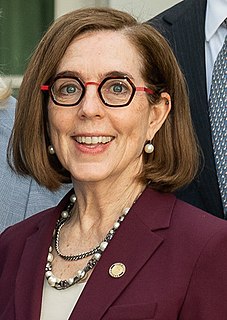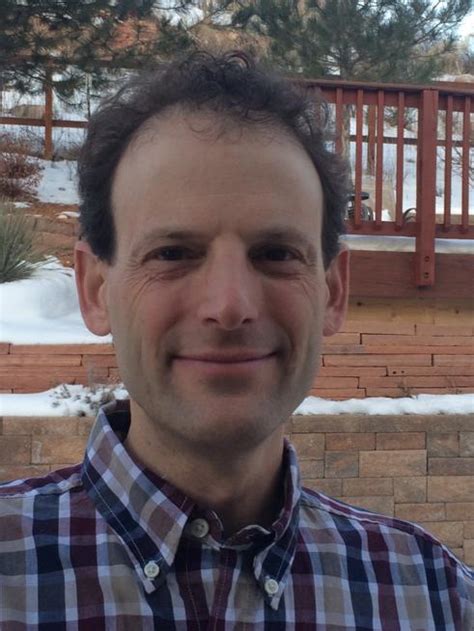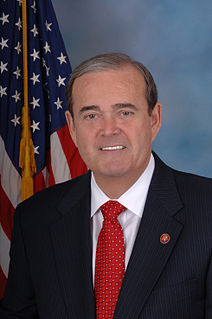A Quote by Conor Lamb
Veterans come out of the military with a wide range of skills and the best training in the world. They shouldn't be struggling to find jobs in the civilian workforce, especially not when trade schools and businesses are struggling to fill high-demand, high-paying jobs in STEM-related industries.
Related Quotes
Our biggest challenge in this digital age that we are entering is how do we effectively begin to train people for the jobs that are going to exist and not have them be stuck on jobs that are going to go away? And this is a big deal. And it requires the businesses of this country to, in my opinion, first of all, demand changes in the education system and also develop innovative, creative ways to have industries train people for the skills that are necessary for the jobs that are coming.
People are working hard, they're doing everything we ask of them, and they are still struggling. It's not enough to just have a job. We need to make sure that these are good-paying jobs that pay the rent and put food on the table. Jobs that have benefits like health care and that allow people to save for retirement.
































